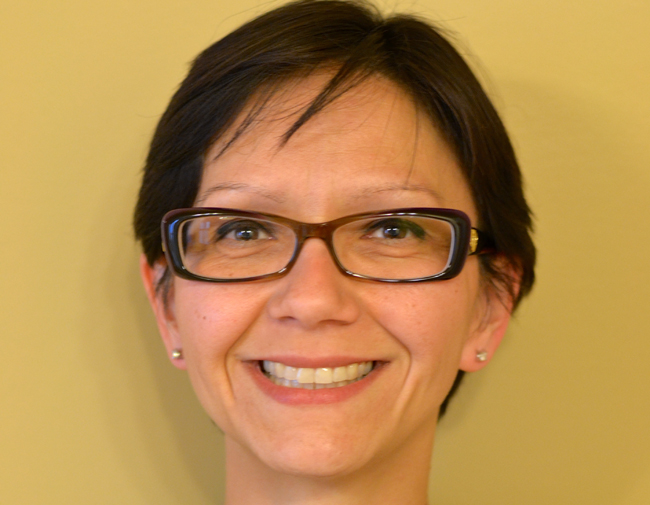UOI counsel on committee to study jury representation

By Marci Becking
TORONTO – Jenny Restoule-Mallozzi, counsel for the Union of Ontario Indians and citizen of Dokis First Nation, is one of 11 people named to the First Nation juries implementation committee by Ontario.
Led by co-chairs Alvin Fiddler, Deputy Grand Chief of Nishnawbe-Aski Nation and Irwin Glasberg, Assistant Deputy Attorney General, committee members will work together to oversee the implementation of the recommendations in Hon. Frank Iacobucci’s report, “First Nations Representation on Ontario Juries.”
The Iacobucci Report acknowledges the lack of inclusion of First Nations people on jury rolls. Both the Ministry of the Attorney General and the Nishnawbe Aski Nation, in their roles as Co-Chairs, have worked in partnership to ensure the creation of the implementation committee. Eleven representatives from all areas of the province will oversee the implementation of the recommendations that are specific to juries. Their first meeting was held in Toronto.
Iacobucci says “This Report will, I hope, be a wake-up call to all who are concerned with the administration of justice in Ontario. It has become clear to me in carrying out this Independent Review that the justice system, as it relates to First Nations peoples, and particularly in Northern Ontario, is in crisis. Overrepresented in the prison population, First Nations peoples are significantly underrepresented, not just on juries, but among all those who work in the administration of justice in this province, whether as court officials, prosecutors, defence counsel, or judges. This issue is made more acute by the fact that Aboriginal peoples constitute the fastest-growing group within our population, with a median age that is significantly lower than the median age of the rest of the population.”
Restoule-Mallozzi says that the review committee will be looking at the recommendations from Iacobucci’s report to prioritize and look at what further work is needed for implementation.
“We have a one-year mandate and we all realize how much work there is to do.”
The Chiefs of Ontario Acting Regional Chief Patrick Madahbee said that it is essential that all participating parties maintain a high level of respect, fairness and transparency in the process and that First Nations support the development of meaningful and continuing remedial measures in an effort to achieve equity and justice for First Nations.
“It is our view that in light of the overarching notion of reconciliation, governments have an obligation to work with us to build respectful and transparent partnerships which produce equitable and tangible results,” said Acting Regional Chief Madahbee. “We are not interested in processes that are public relations ploys for the provincial government; we want genuine progress and fairness.”
The UOI participated in the process undertaken by Justice Iacobucci when he was preparing his report through meetings and written submissions.
The majority of members, who met as a committee on Sept. 19-20 come from First Nations, including Association of Iroquois and Allied Indians youth representative Megan Logan, a Georgian College student who recently began her first year in the school’s Aboriginal Community and Social Development program.
Other members include: Hon. Marc Bode, Regional Senior Justice, Northwest Region, Ontario Court of Justice, Thunder Bay District; Sheila Bristo, Director, Divisional Support Branch, Ministry of the Attorney General, Court Services Division; Margaret Froh, lawyer and former president, Indigenous Bar Association; Diane Kelly, lawyer and former Grand Council Treaty #3 Grand Chief; Alison Pilla, Assistant Deputy Minister, Ministry of Aboriginal Affairs; Jonathan Solomon, former Chief of the Kashechewan First Nation; Hon. Erwin W. Stach, former judge of the Superior Court of Justice, Kenora District.


